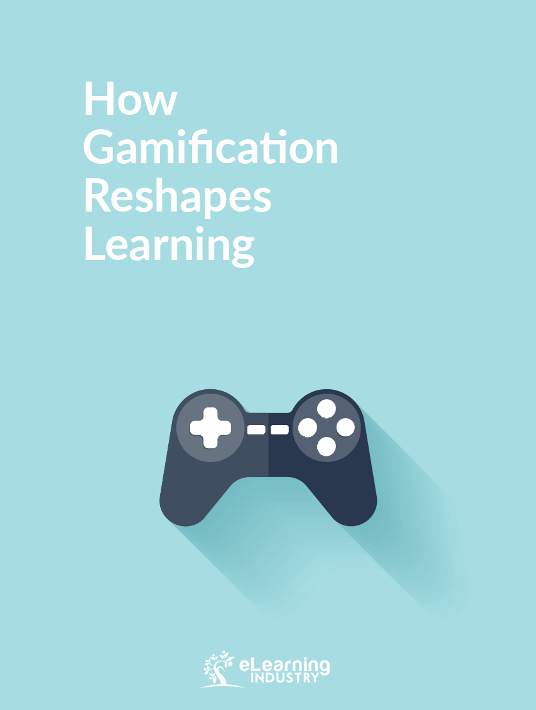Techniques from real-time strategy games (RTSs) and massively multiplayer online games (MMOs) offer field-tested examples for teaching complex skills to large numbers of people in a way that is engaging, and encourages them to continue learning. Such games employ two key techniques. The first one is the use of 3D virtual worlds to show players what is happening. These 3D virtual worlds are highly effective because the human brain is capable of handling enormous amounts of data if it is presented as moving three dimensional images; that’s how we see the real world. The second technique is the use of heads-up displays (HUDs) that provide players with real-time displays of data in the form of graphs and numbers. Players can customize their HUDs to get the information they need.
RTS and MMO games are, in effect, interactive simulations where players learn by doing. They try things, and see what works and what does not. And they get to practice what does work, and get better and better. This speaks directly to that old saying, “Tell me, and I’ll forget. Show me, and I’ll remember. Involve me, and I’ll learn.”
My company employs techniques from these games in an online learning application called SCM Globe. It is an interactive simulation that provides a 3D virtual world and customizable HUD to enable students to design and simulate the operations of real or fictional company supply chains. Using simulation results, students improve the design of their supply chains until they achieve the results they want. In the process they learn about the operations of global supply chains. As students design supply chains and simulate their operations, they experience the challenges and dilemmas that all supply chain managers encounter. Students learn by doing, and can experience frustration in the process of finding out what works. Yet, I notice that whatever happens, students start speaking and thinking like real supply chain managers as they describe their problems and discuss possible solutions. In doing so, they are integrating large amounts of information and achieving levels of professional understanding every bit as relevant in the real world as in the simulated world of SCM Globe. Students are involved and learning.



